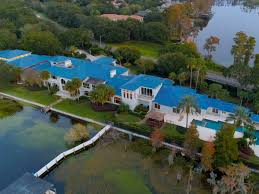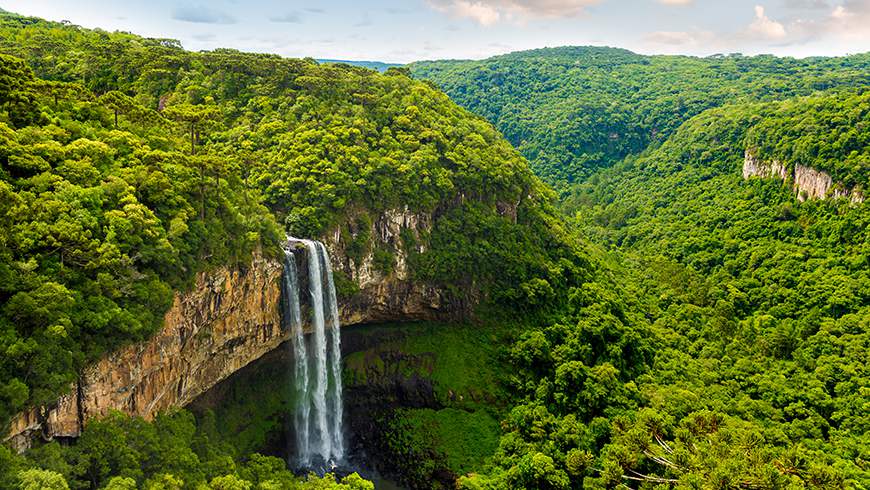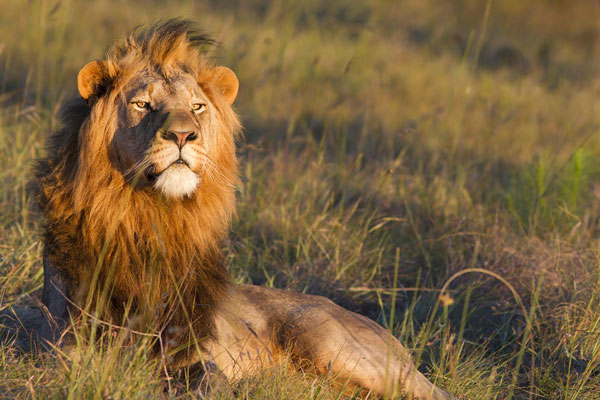
Annova LNG vows 1,400 sections of land of land for ocelot preservation

The U.S. Fish and Wildlife Service gave a thumbs up to Annova LNG’s proposed fare terminal at the Port of Brownsville after the Houston condensed petroleum gas organization promised to put aside in excess of 1,400 sections of land of land and order a few different measures to help protect the imperiled ocelot and jaguarundi.
Trying to fabricate an office that will send out 6 million metric huge amounts of condensed gaseous petrol every day, Annova LNG’s proposed task is as yet looking out for a grant choice from the Federal Energy Regulatory Commission.
However, an Oct. 21 natural feeling gave by the U.S. Fish and Wildlife Service may have put the undertaking one bit nearer to endorsement. Organization authorities confirmed that the task – which is found a couple of miles from the U.S./Mexico outskirt – “will not likely jeopardize the continued existence” of the ocelot and jaguarundi, jeopardized wildcats whose solitary nearness in the United States is in the Rio Grande Valley.
The ideal conclusion is dependent upon seven preservation estimates that Annova LNG intentionally consented to. Notwithstanding making a 185-section of land natural life hall on its about 800-section of land property, the organization has vowed to commit another 1,250 sections of land of land for ocelot and jaguarundi protection.
Notwithstanding making the three untamed life jelly, Annova LNG has consented to finance a program to improve ocelot natural surroundings on private farms, support an alumni understudy cooperation to ponder the felines, manufacture untamed life intersections, require a 25 mph speed limit on its property and introduce lighting that limits effects to the ocelot and different species.
Annova LNG’s 1,435-section of land commitment is over a different promise by Houston melted petroleum gas organization NextDecade to save another 1,000 sections of land for ocelot preservation. Looking to diminish clamor and air contamination, Annova LNG has additionally vow to utilize electric engines and get every one of the 435 megawatts of intensity expected to run them from inexhaustible sources, for example, wind and sunlight based.

“Our mission is to be the most sustainable U.S. provider of liquefied natural gas, and this official opinion reflects our close consultation with the Service over the past several years to protect and conserve habitat for these protected and other valued species in the Rio Grande Valley,” Annova LNG CEO Omar Khayum said in an announcement.
Propelled in 2013 and headquartered in Houston, Annova LNG is possessed by a consortium of four organizations. Chicago service organization Exelon possesses 80.55 percent while Enbridge, the Canadian pipeline organization, presently holds a 10.5 percent stake. Nebraska building, obtainment and development firm Kiewit and Kansas vitality innovation firm Black and Veatch each possess 4.475 percent.
Annova LNG, Rio Grande LNG and a third venture named Texas LNG face firm resistance from an alliance of Rio Grande Valley shrimpers, anglers, tree huggers, neighbors and networks working under the standard Save RGV from LNG.
In a past meeting, Sharon Wilcox, a Texas coordinator for the Washington, D.C.- based ecological gathering Defenders of Wildlife, said the proposed plants will fix many years of protection approach. In the course of recent years, the government office has burned through $90.4 million to purchase almost 158,000 sections of land of land in the Rio Grande Valley to build up a cross-outskirt untamed life passage for the ocelot, jaguarundi and transient fowls.
“We find this opinion to be inconsistent with the agency’s own scientific findings and wildlife management goals,” Wilcox said about the U.S. Fish & Wildlife Service in a previous interview. “This region is home to the last remaining population of ocelots in Texas and these LNG facilities put their survival in jeopardy.”
Julian White is an English writer, best known for his time playing professional rugby union as a prop for Leicester Tigers and England. White was regarded as an aggressive tighthead prop .
Disclaimer: The views, suggestions, and opinions expressed here are the sole responsibility of the experts. No Weekly Central USA journalist was involved in the writing and production of this article.



